Commentary on Al Aqidah Al Wasitiyyah – 2 Volumes
Out of stock
2,495 PKR
Out of stock
CompareAuthor: Shaikh Al Islam Ibn Taymiyyah
Commentary by: Muhammad Bin Salih Al Uthaymeen
Publisher: Darussalam
Pages: 1158
Binding: Hardcover
ISBN: 978-603-500-083-3
About the Book:
A detailed commentary/explanation of the famous writing of Sheikh Al-Islam Ibn Taymiyyah, al-Aqeedatul-Wasitiyah, done by the noble Sheikh, Muhammad Ibn Saalih al-‘Uthaymeen (Rahimahumullaah).
Two large deluxe volumes contain a detailed study/explanation on the topic of creed/aqeedah (belief in the oneness of Allah). Each volume has golden color page edges.
About Al-‘Aqidah Al-Wasitiyyah:
Written in response to a request from a Shafi’i Judge from Wasit, Iraq, ibn Taymiyyah penned this creed encapsulating the belief taught by the Prophet Muhammad. In his own words.
The eminent scholar of Islam, Sheikh-ul-Islam Imam Ibn Taimiyah, discusses the real & original faith of Islam according to the Qur’an & Sunnah. It deals with the perfect and undefiled Islamic Faith and Creed of the As-Salaf-As-Salih (Pious Predecessors) particularly in regards to Allah’s names and attributes, with solid arguments in brief words and terminologies. The book is highly appreciated by the scholars for its brevity as well as comprehensiveness, and for its contents produced in line with the Qur’an and Sunnah in an appealing and manifest
About Sheikh ul Islam Ibn Taymiyah
Sheikh al-Islam Taqi ud-Din Abu’l-Abbas Ahmad Ibn al-Halim ibn Abd al-Salam Ibn Taymiyyah al-Hanbali was born in, 661 AH (1263 AC) in Haran, which is now in Eastern Turkey, near the border of northern Iraq.
His family had long been renowned for its learning, among his teachers, was Shams ud-Din Al-Maqdisi, first Hanbali Chief Justice of Syria following the reform of the judiciary by Baibars. The number of Ibn Taymiyyah’s teachers exceeds two hundred. Ibn Taymiyyah was barely seventeen when Qadi Al-Maqdisi authorized him to issue Fatwa (legal verdict). Qadi remembered with pride that it was he who had first permitted an intelligent and learned man like Ibn Taymiyyah to give Fatwa. At the same age, he started delivering lectures. When he was thirty, he was offered the office of Chief Justice, but refused, as he could not persuade himself to follow the limitations imposed by the authorities.
Imam Ibn Taymiyyah’s education was essentially that of a Hanbali theologian and jurisconsult. But to his knowledge of early and classical Hanbalism, he added not only that of the other schools of jurisprudence but also that of other literature.
He had extensive knowledge of the Quran, Sunnah, Greek philosophy, Islamic history, and religious books of others, as is evident from the variety of the books he wrote.
About The Commentator:
Muhammad ibn Saalih al-Uthaymeen al-Wuhaibi al-Tamimi (1925-2001 CE) was one of the most prominent Saudi Islamic scholars of the latter half of the twentieth century. Born in Saudi Arabia, he memorised the Qur’an at an early age and studied under some of the well-known scholars of the time including Abd ar-Rahman as-Saa’di, Muhammad Ash-Shanqeeti, and ‘Abd al-‘Aziz ibn Baaz. During his many years of study, he became world-renowned as a reviver of Salafi dawah and his knowledge in fiqh.
Based on 0 reviews
Be the first to review “Commentary on Al Aqidah Al Wasitiyyah – 2 Volumes”
| Weight | 1.60 kg |
|---|---|
| Dimensions | 15 x 22 x 7 cm |



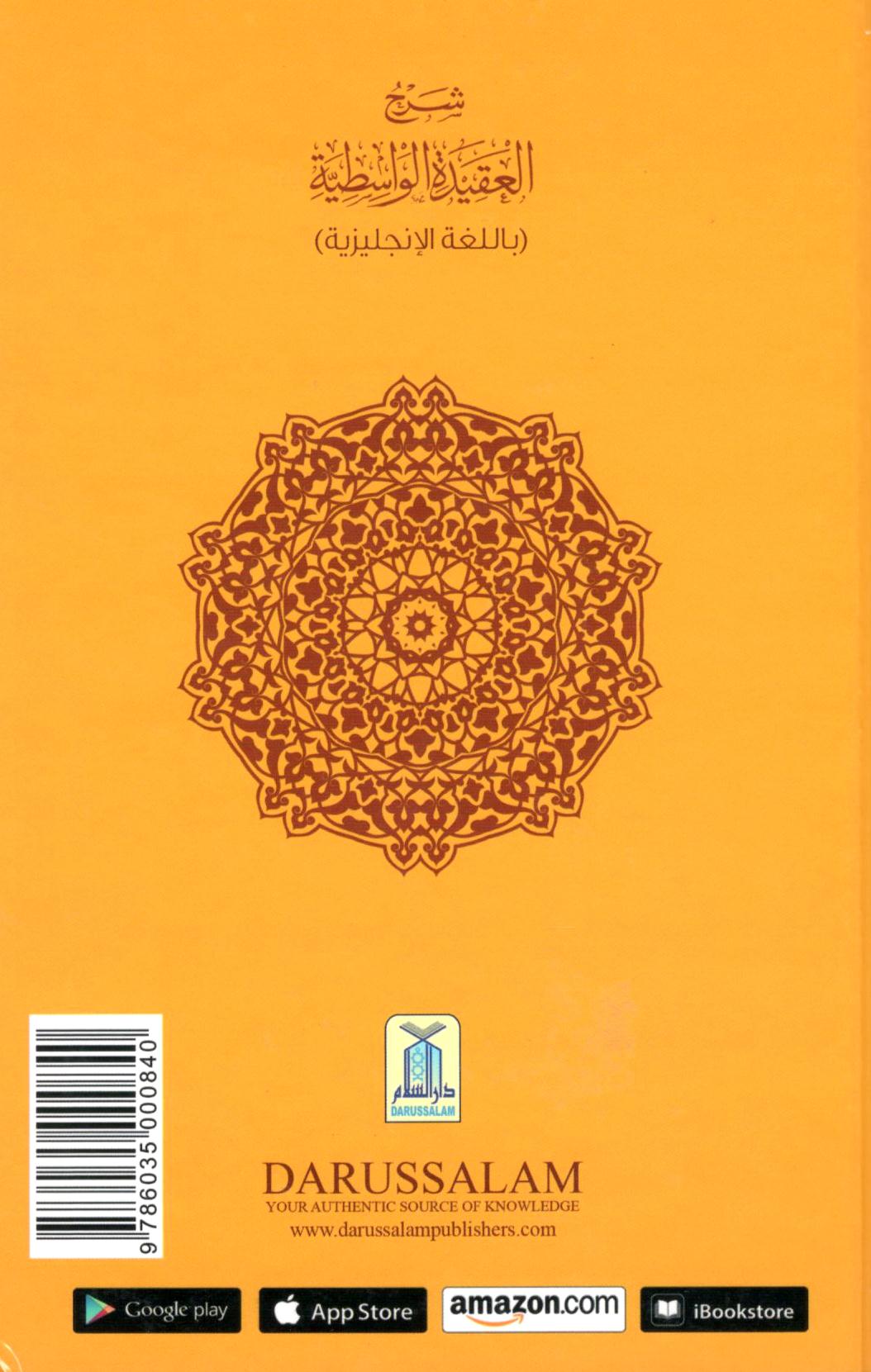
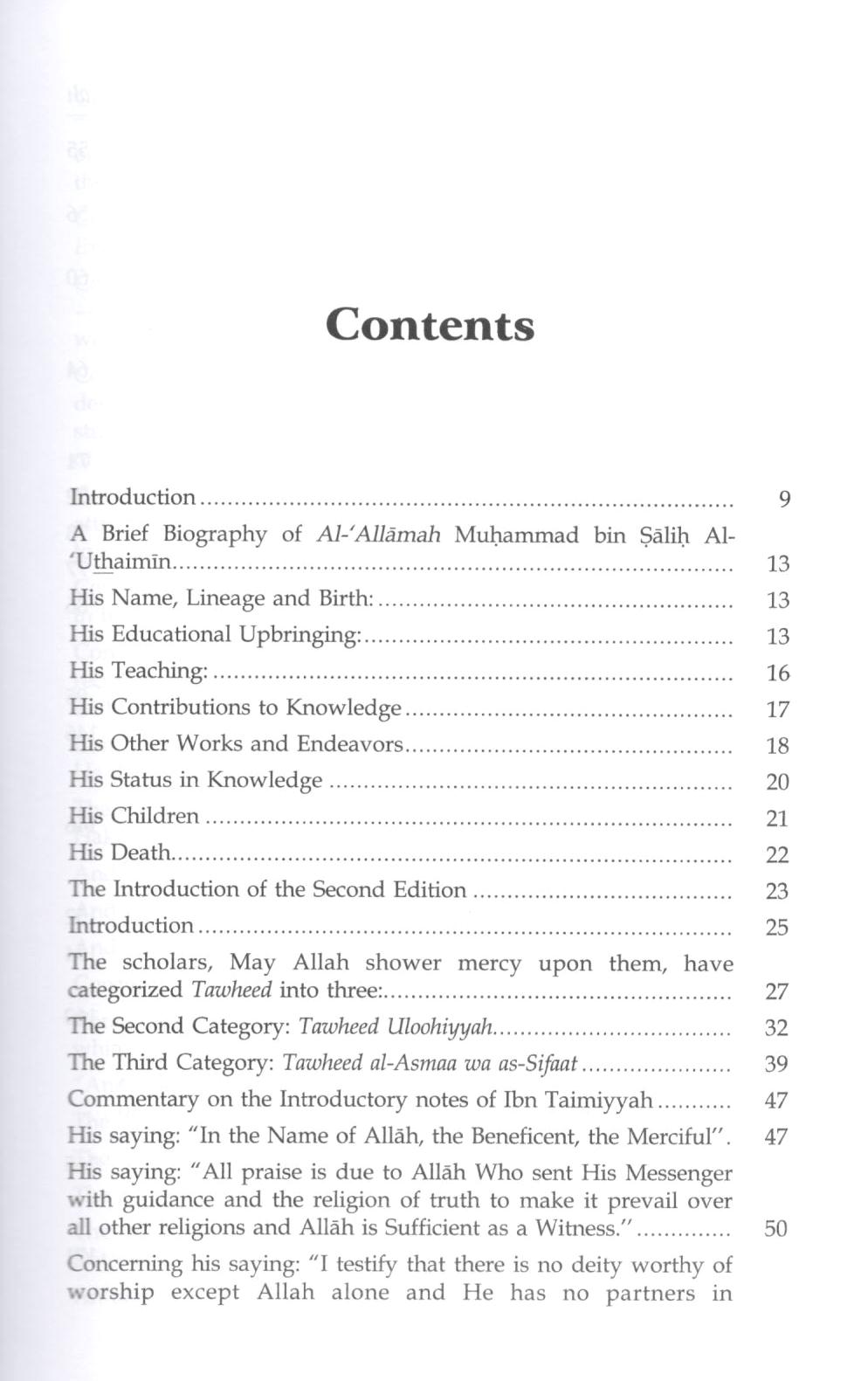

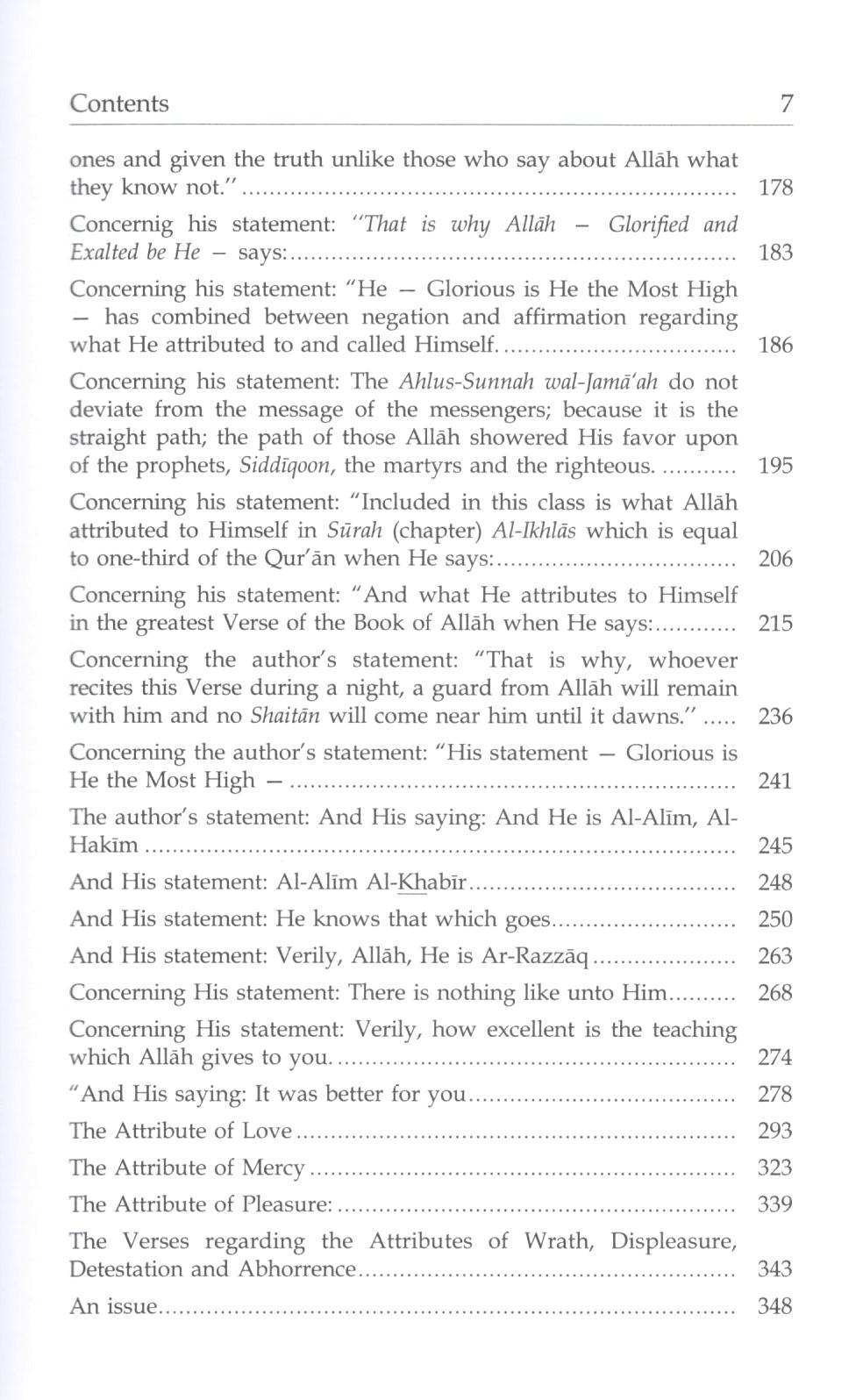
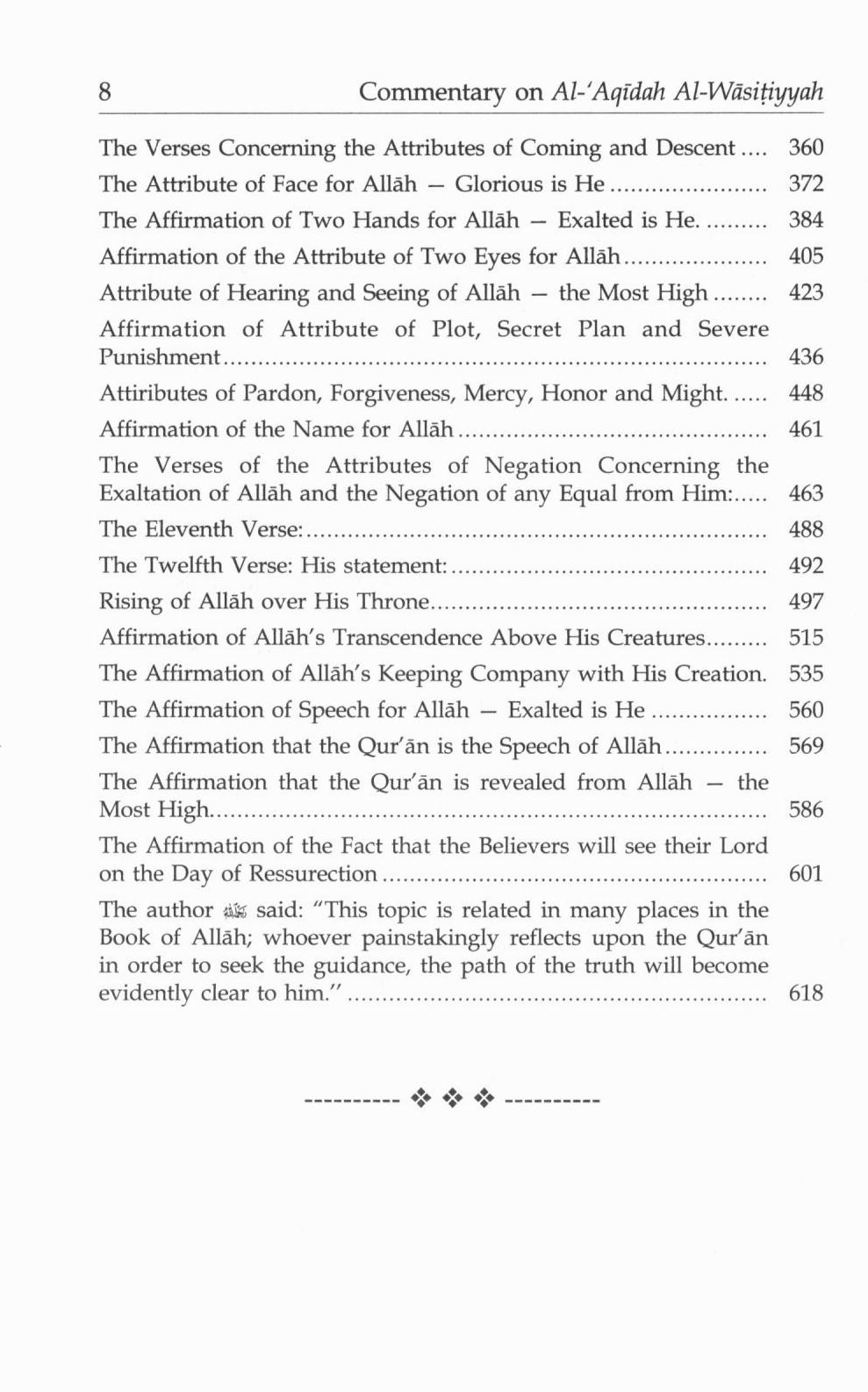
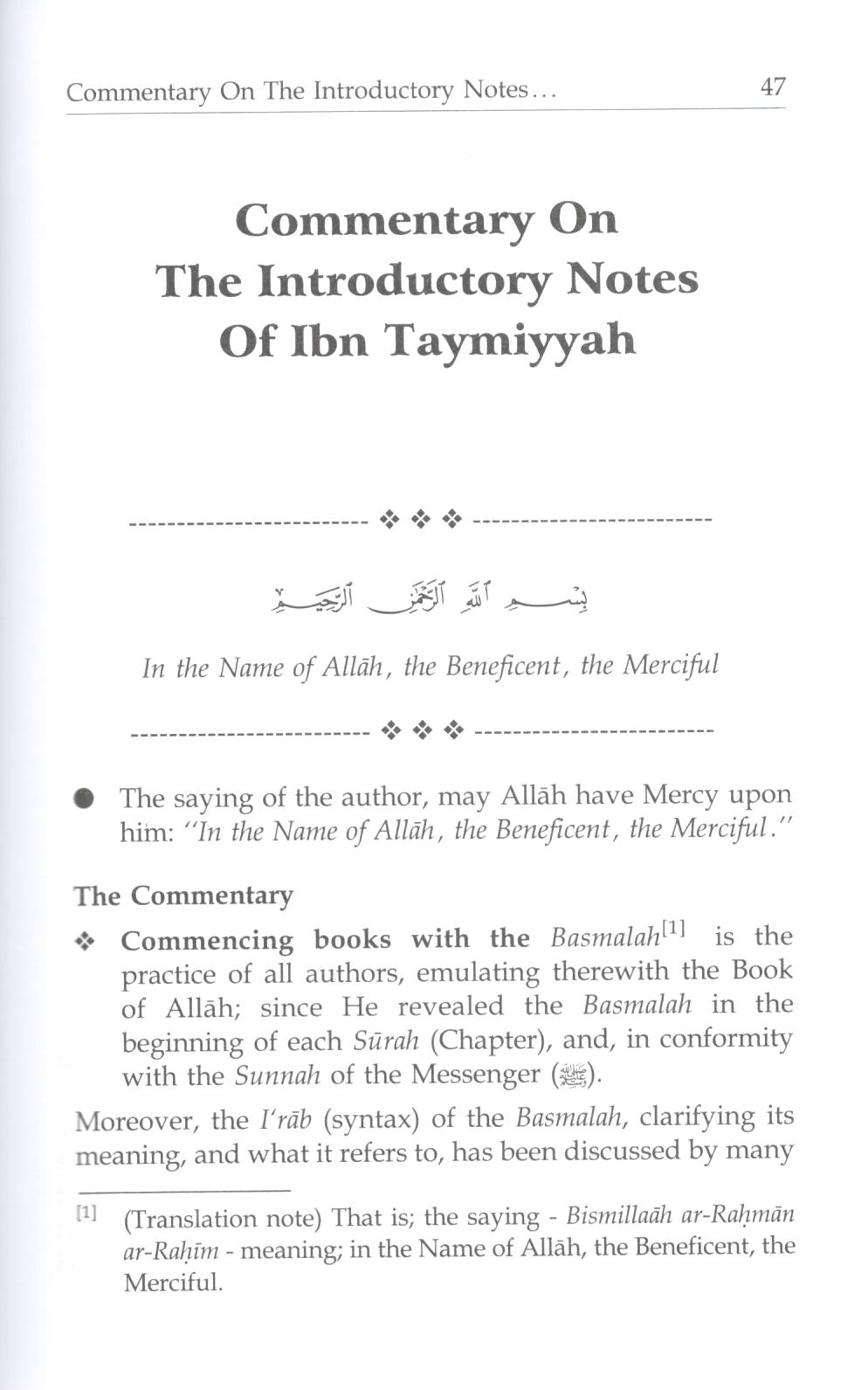





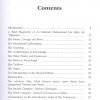

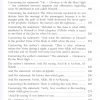
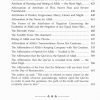
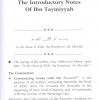

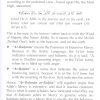



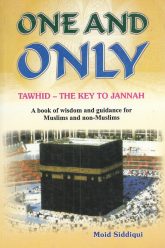
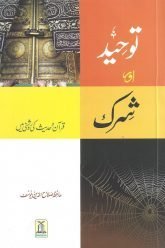
There are no reviews yet.